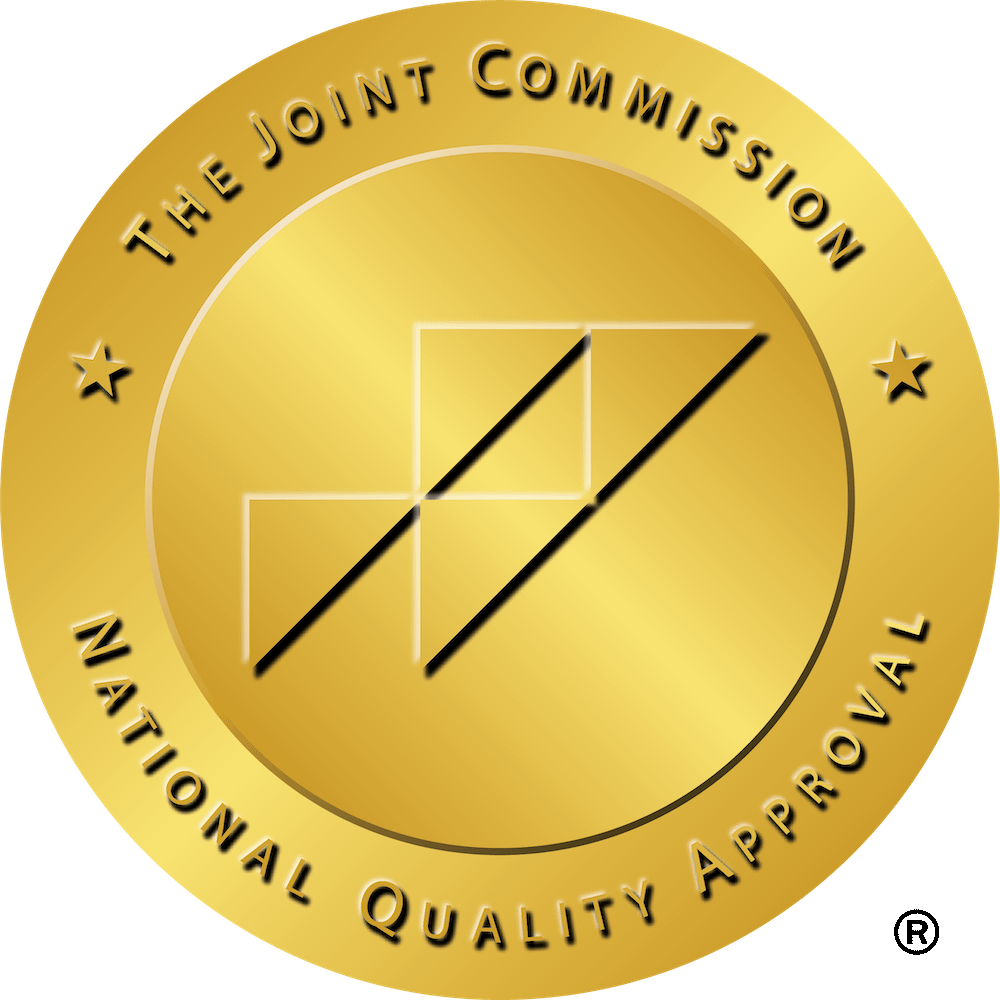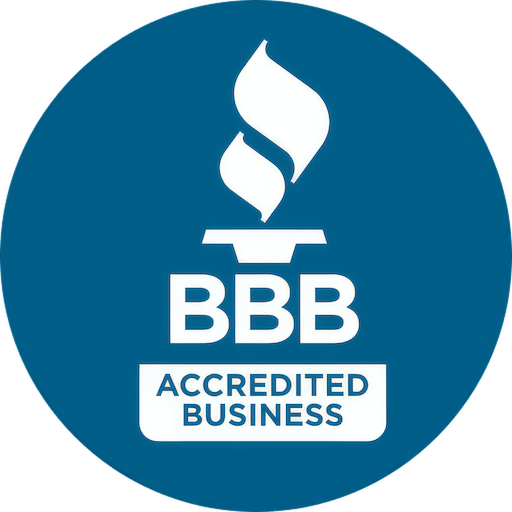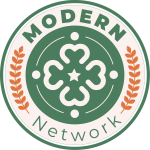Private, personalized & intimate
Our Programs
We Accept Insurance
Clean, comfortable, and safe accommodations
A strong focus on family participation & support
Small-group setting guarantees personalized attention
Three levels of care
We offer 3 programs with different levels of support, monitoring, and duration to meet the unique needs of each teen and their family.
- Residential Treatment: A comprehensive program with 24/7 support & supervision in a safe, home-like setting
- PHP (Day Treatment): A seamless step down from a residential program or up from outpatient as needed
- Intensive Outpatient: A flexible option for teens that need to maintain life commitments while still receiving support




Residential Program
Program overview
This program offers 24/7 care, activities, & support in a facility that feels like home. There’s a sense of belonging and encouragement that comes from living alongside teens with similar struggles. These positive connections often aid in recovery.
Average duration: 30-45 days
Who is this program for?
Residential treatment is a match for teens that need 24/7 guidance and structured space for recovery, away from daily stressors and triggers.
Key benefits: Residential Program
- Continuous Support: 24/7 supervision, guidance, encouragement & peer support
- Structured Daily Schedule: promotes stability & sense of security to build healthy habits
- Transition Planning: We'll develop a plan to help your teen transition back to their home, school, and community environment.
Avery's House outpatient facility in Scottsdale, AZ
Day Treatment Program (PHP)
Program overview
Day Treatment, also known as the Partial Hospitalization Program (PHP), is designed for teens who require a higher level of care than traditional outpatient services without round-the-clock supervision.
Average duration: 60-90 days
Who is this program for?
This program is ideal for teens struggling with moderate mental health and substance addiction issues. It’s a great step-down option from a residential treatment program or a step-up from traditional outpatient services.
Key benefits: PHP Program
- Intensive Daytime Programming: PHP provides daily structured programming, typically lasting 5-6 hours per day, 5 days per week.
- Flexibility: Teens return home or to our structured living house each evening, maintaining connections with family & friends.
- Peer support: benefits of hearing similar experiences, learning from others, and being part of a community.
Intensive Outpatient Program (IOP)
Program overview
IOP offers teens a structured and goal-oriented treatment plan, with sessions held at our facility 3-4 times per week. Living at home, teens benefit from increased scheduling flexibility and can immediately apply the skills and strategies learned in the program to their everyday situations.
Average duration: 6-12 weeks
Who is this program for?
This program is an ideal choice for teens who need to maintain their daily activities, such as school, work, or family commitments. It’s a good fit if 24/7 monitoring isn’t required and is a perfect step down from a PHP program.
Key benefits: IOP Program
- Maintain daily commitments: teens can work, go to school, or maintain other life responsibilities.
- Support: with 3-4 sessions per week, teens feel supported and can rely on their treatment.
- Applied practice: therapy can be applied throughout the week to reinforce good habits.
Get a comprehensive assessment
Our licensed clinicians will conduct a thorough assessment of your teen’s mental health condition to determine the most suitable level of care.
Core features of troubled youth programs
We provide reliable and effective care in all our programs by integrating essential elements that serve a specific purpose and contribute to the lasting success of treatment for adolescents and their families.
Family Involvement
Consistent communication between teens and their families, with the aim of enhancing their communication skills and strengthening relationships.
Group Therapy Sessions
Through groups therapy, troubled youth can form meaningful connections with their peers, exchange personal experiences, and learn from each other in a nurturing setting
Individual Counseling
A personalized approach that targets the individual needs of each teen, providing tailored treatment strategies that cater to their unique challenges and difficulties.
Evidence-Based Approaches
Our interventions are based on evidence-based practices such as cognitive-behavioral therapy, dialectical behavior therapy, and family therapy
Strengthening Skills
We teach adolescents coping skills, emotion regulation techniques, and relapse prevention strategies that can be effectively utilized in their daily lives.
Multidisciplinary Team
Our experienced mental health team, including therapists, psychiatrists, and support staff, provides complete care
Personalized Treatment
We develop plans based on each teen’s specific needs, goals, and progress, ensuring the most effective treatment we can.
Back-to-life Transition Plan
We collaborate with teens to develop an aftercare plan that supports their successful reintegration into their home, school, and community environments
Applied Therapy Approach
Our approach emphasizess the development of skills that can be applied in real-world situations by integrating therapy sessions with practical scenario
How to get started?
Whether your child is beginning or continuing their recovery, getting into the Avery’s House Teen Program is a simple 3-step process that begins with one simple phone call or message.
1- The initial phone call
Tell us your teen’s story, explore treatment options, and discuss payment options.
2- Pre screening
Confirm treatment, insurance coverage, and details about what to expect.
3- Start Therapy
Arrive at Avery’s House, meet our staff and other participants, tour the facility, and get settled in.
I thought that Avery’s House was a good fit for my teenage daughter who has been struggling with depression and anxiety. Avery’s House is much closer to the home environment rather than an institutional setting. I think that this makes the transition back to home more natural and easy. I also enjoyed the family therapy and family support groups that are a part of the overall program.
Anonymous Parent